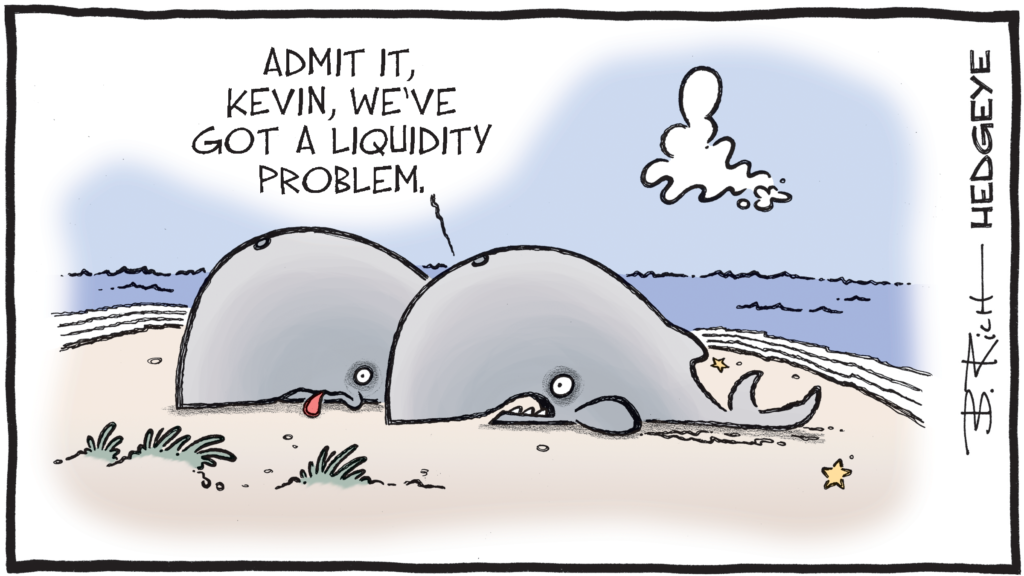Does humor need to be loud and boisterous to be effective? Dry humor, a comedic style characterized by its understated delivery and subtle wit, proves that sometimes, less is indeed more, offering a unique brand of laughter that resonates with intelligence and observation.
Dry humor, often referred to as deadpan, is a form of comedy where the humor is derived from a lack of emotion and facial expressions. It's a subtle art, relying on wit, irony, and clever wordplay to elicit laughter. Unlike slapstick or loud, exaggerated comedy, dry humor thrives on understatement, making the audience work a little harder to "get" the joke. This subtle approach makes it a favorite among those who appreciate intelligence and a different type of comedic sensibility. It's the art of saying something funny without ever letting on that you think it's funny yourself.
This distinctive style of comedy has carved a significant niche in popular culture, with numerous television shows, films, and comedians showcasing its unique appeal. Its effectiveness lies in its neutral delivery, which often creates a humorous contrast with the absurdity of the subject matter. This comedic approach requires a deft hand, a sharp mind, and the ability to craft jokes that speak volumes with very few words.
- Kim Cattrall Age Height Weight More What You Need To Know
- Family Symbols Exploring Love Unity Heritage Guide
Here's a quick look at how dry humor operates, its key features and examples of how it is delivered, its differences from other forms of comedy, and why it appeals to a wide audience. Also, well explore how to recognize it and how it is applied effectively.
| Feature | Description |
|---|---|
| Delivery | Emotionless, expressionless, often with a flat tone of voice ("deadpan"). |
| Content | Witty observations, often involving irony, sarcasm, or double meanings. |
| Technique | Understatement, subtlety, and clever wordplay are key. |
| Effect | Creates humor by contrasting the seriousness of delivery with the absurdity or irony of the subject matter. |
Dry humor is often linked with what some call "highbrow comedy" because the style needs some reserve to work. It thrives on subtle irony and sharp observations, appealing to an audience that appreciates wit and intelligence. A good example would be the writing of Oscar Wilde, or the performances of Stephen Wright. It's a form of comedy that rewards close attention. The humor lies not in the grand gestures or the exaggerated emotions, but in the carefully chosen words and the perfectly timed pause.
The roots of dry humor can be traced back to the ancient Greeks, with its use in comedy and satire, and through the centuries, dry humor has become a staple in literature, theater, and, most prominently, modern comedy. The art of delivering a joke without changing your facial expression, or the tone of your voice, is not an easy feat. It involves a kind of innate understanding of how humor can be derived from stark contrast, or from the unexpected.
- Brett Eldredge Age Height Bio What You Need To Know
- Archie Manning Arch Manning Age Stats Family Insights
One can find dry humor in various settings. In everyday conversations, it adds a touch of levity to the mundane, making seemingly unremarkable situations funny. In literature, it enriches narratives with subtle wit. And in popular culture, it's a staple in many television shows and movies.
The key to appreciating dry humor lies in recognizing its unique characteristics. The humor is in the contrast between the serious delivery and the humorous content. Consider these features:
- Irony: The use of words to convey a meaning that is opposite to its literal meaning.
- Bluntness: A straightforward and unapologetic way of expressing oneself.
- Subtlety: The quality of being understated and delicate.
- Wordplay: The clever and witty use of words.
Some might be tempted to equate dry humor with sarcasm, but there is a key difference. Sarcasm often involves a tone of ridicule or scorn, while dry humor typically maintains a neutral expression. Dry humor is also frequently confused with cynicism, but the underlying intent is usually lighter, more focused on the absurdities of life rather than a deeply rooted negativity.
As an example, a character might say, "Oh, excellent, another Monday," in a completely monotone voice, in response to a less-than-ideal situation. The humor is found in the stark contrast between the optimistic word "excellent" and the gloomy reality of a Monday.
| Comedian | Known For | Example of Dry Humor | Reference |
|---|---|---|---|
| Steven Wright | Absurdist, one-liner comedian | "I bought a dog the other day... I named him Stay. It's fun to call him. 'Come here, Stay!'" | Wikipedia: Steven Wright |
| Mitch Hedberg | Deadpan delivery, observational humor | "I bought a donut and they gave me a receipt for the donut. I don't need a receipt for the donut. I need a receipt for the experience." | Wikipedia: Mitch Hedberg |
| Jack Dee | British comedian, known for his negativity | "I was going to buy a book on how to make money, but then I thought, well, it's not going to work, is it?" | Wikipedia: Jack Dee |
| Demetri Martin | One-liner comedian, observational humor | "I used to hate facial hair, but then it grew on me." | Wikipedia: Demetri Martin |
In television, shows like "The Office" exemplify dry humor with characters like Jim Halpert and his deadpan expressions and sarcastic remarks. In the show, the humor is created through Jim's reactions to his coworkers, and the mundane aspects of office life. The lack of overt emotion and the subtle wit of the writing is a key element of what makes the show so engaging.
It's the contrast between sentiment and reality that makes the situation funny. This style can create unexpected moments of levity, enhancing the reader's experience.
Dry humor often finds its way into literature, enriching narratives with subtle wit and clever observations. Classic literary works showcase a dry sense of humor.
The charm of dry humor lies in its subtlety and sharp wit. It challenges the audience to think and appreciate the wit behind the joke. It's effective because its neutral delivery often contradicts the absurdity of the subject matter.
Dry humor is also known as deadpan humor, where humor is presented without a change in emotion or body language. Dry humor often involves clever wordplay and unexpected punchlines.
Dry humor in literature is often found in the form of understated remarks, ironic situations, or characters who react to absurd situations with a remarkable lack of emotion.
Dry humor is versatile and can fit various occasions, from casual gatherings to formal events. One of the most common features of dry humor is that it is implied humour or indirect humour which largely depends on what the audience thinks is being said rather than anything else.
In contrast to more overt forms of comedy, dry humor differentiates itself through its understated delivery. Slapstick, which often utilizes exaggerated physical movements and expressions, aims for immediate and obvious reactions. Sketch comedy, with its reliance on varying characters and scenarios, and a louder tone, creates the humor through clear narratives. But, dry humor thrives in the space between the lines. A deadpan expression, a well-timed pause, or a subtle turn of phrase are the tools of the dry humorist. This subtle approach makes it a favorite among those who appreciate intelligence and a different type of comedic sensibility.
- Bill Gates In Court Dutch Vaccine Case Update Latest Claims You Should Know
- Unveiling The Kelce Family History Origins Notable Figures


